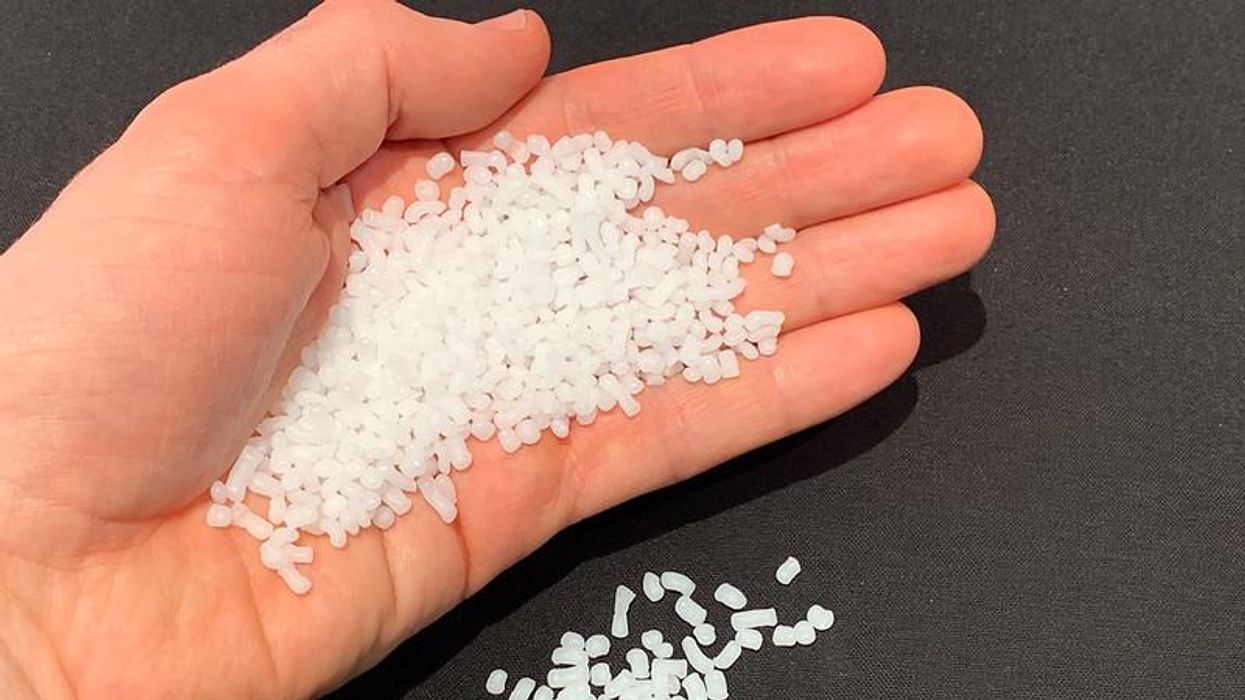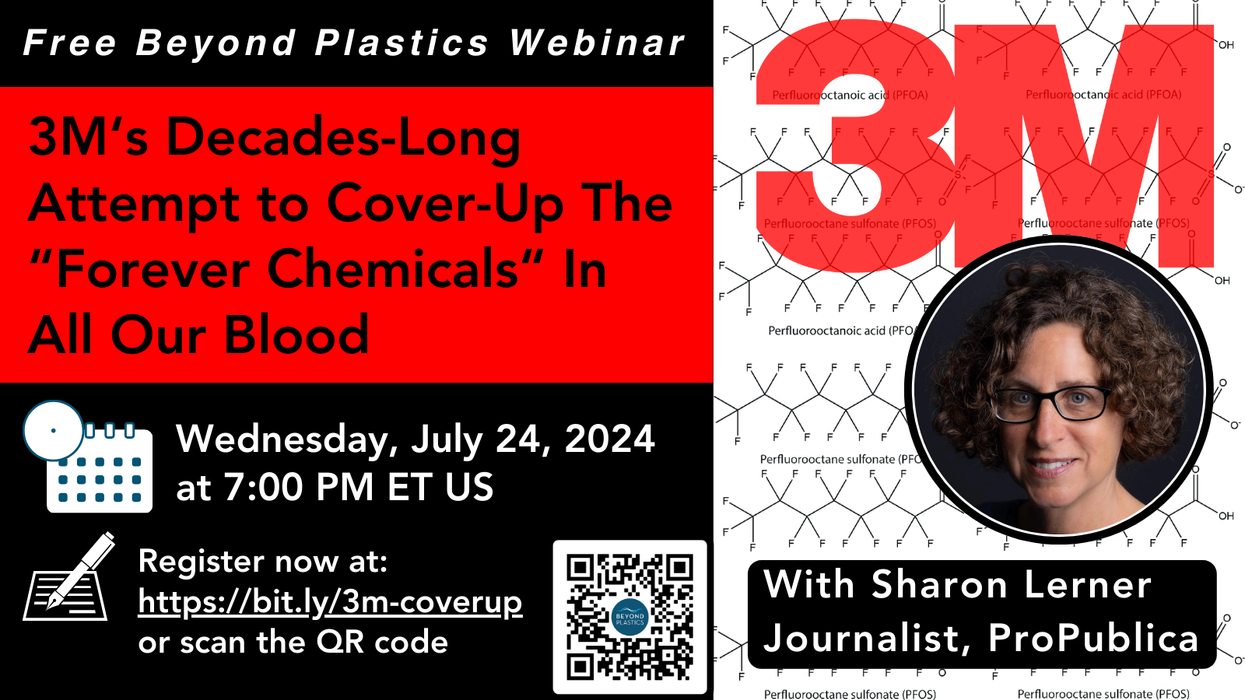A recent study published in Environment International offers the first experimental evidence that toxic chemicals present in microplastics can enter the body through the skin.
In short:
- Using a group of flame retardant plastic additives known as PBDEs, the authors demonstrated that chemicals can be leached out of microplastics and absorbed into the skin.
- Skin that was covered in more sweat absorbed higher levels of chemicals.
- A portion of these chemicals could enter the bloodstream, suggesting that exposure via skin contact can contribute to the overall level of toxic chemicals within the body.
Key quote:
“Microplastics are everywhere in the environment and yet we still know relatively little about the health problems that they can cause. Our research shows that they play a role as 'carriers' of harmful chemicals, which can get into our bloodstream through the skin.”
- Study author Dr. Ovokeroye Abafe, via University of Birmingham’s accompanying editorial
Why this matters:
Plastic use has continued to grow exponentially since the mid-twentieth century, with nearly a metric ton of plastic waste produced for every person on the planet. Recent studies have confirmed that microplastics are present in everything from bottled water to meat and all parts of the human body that have been examined. The authors of this paper emphasize the need for more research on the effects of microplastics so that regulators can create legislation that fully protects human health.
Related EHN coverage:
- Op-ed: Strengthening microplastic regulation to protect our kidneys
- Op-ed: A plastic recipe for societal suicide
More resources:
CUSP is a European research cluster focused on understanding the health impacts of micro- and nanoplastics. The EDC Strategies Partnership is hosting a webinar on June 25, 2024 discussing CUSP's findings: Micro- and Nanoplastics and Public Health: EU research findings.
Abafe, Ovokeroye et al. for Environment International vol. 186. April 2024, and University of Birmingham’s accompanying editorial.
- How microplastics are infiltrating the food you eat ›
- Microplastics are in our bodies. How much do they harm us? ›


















